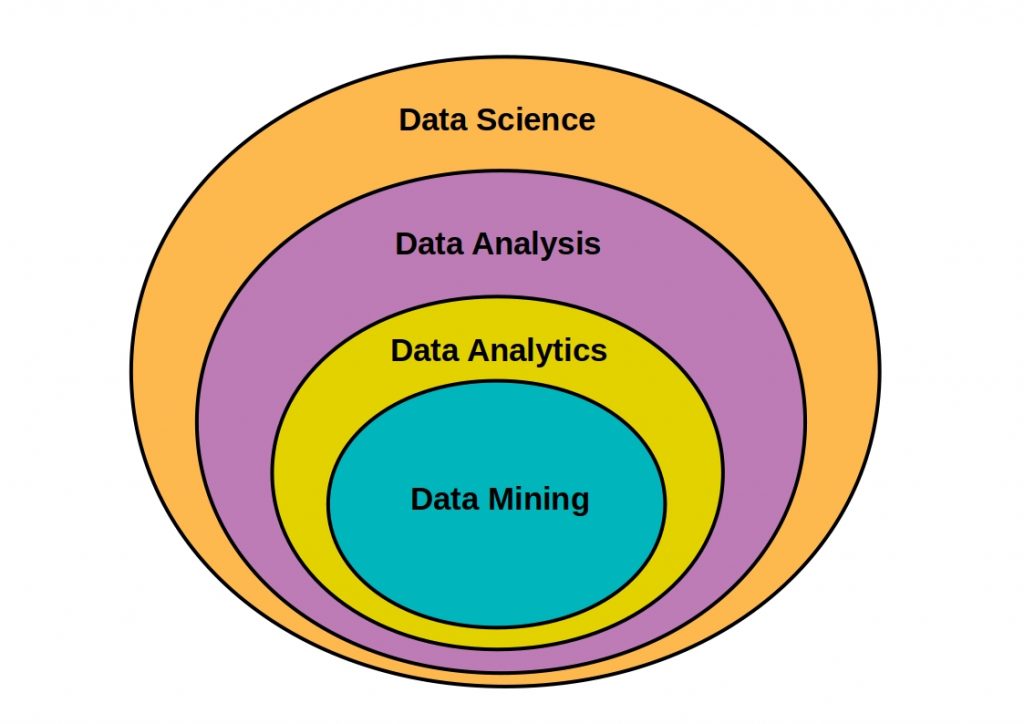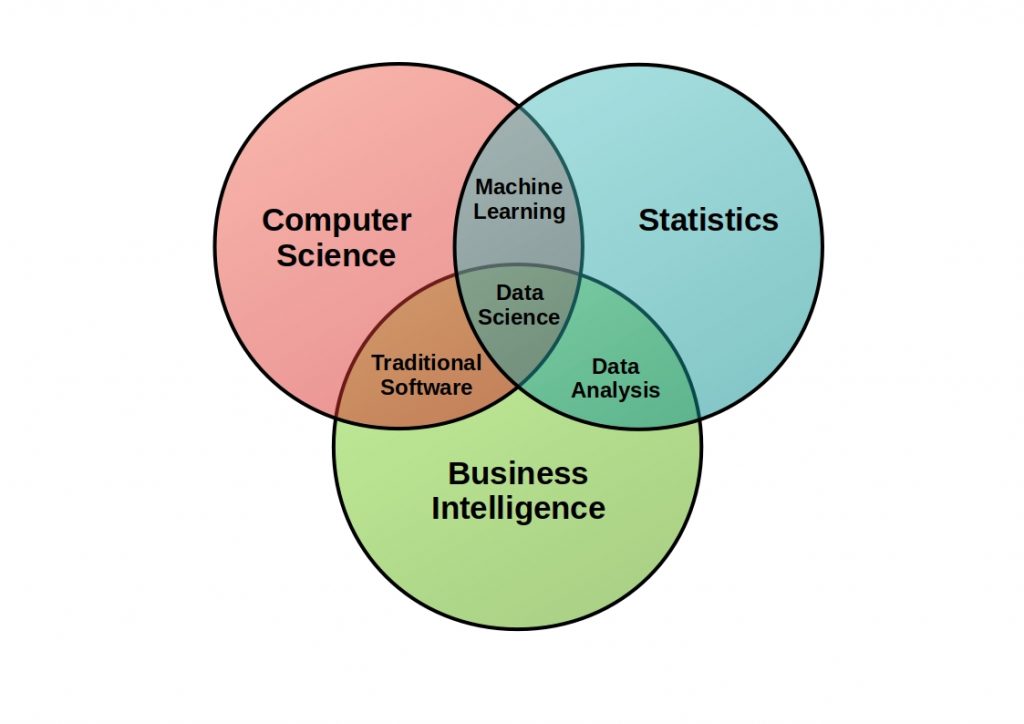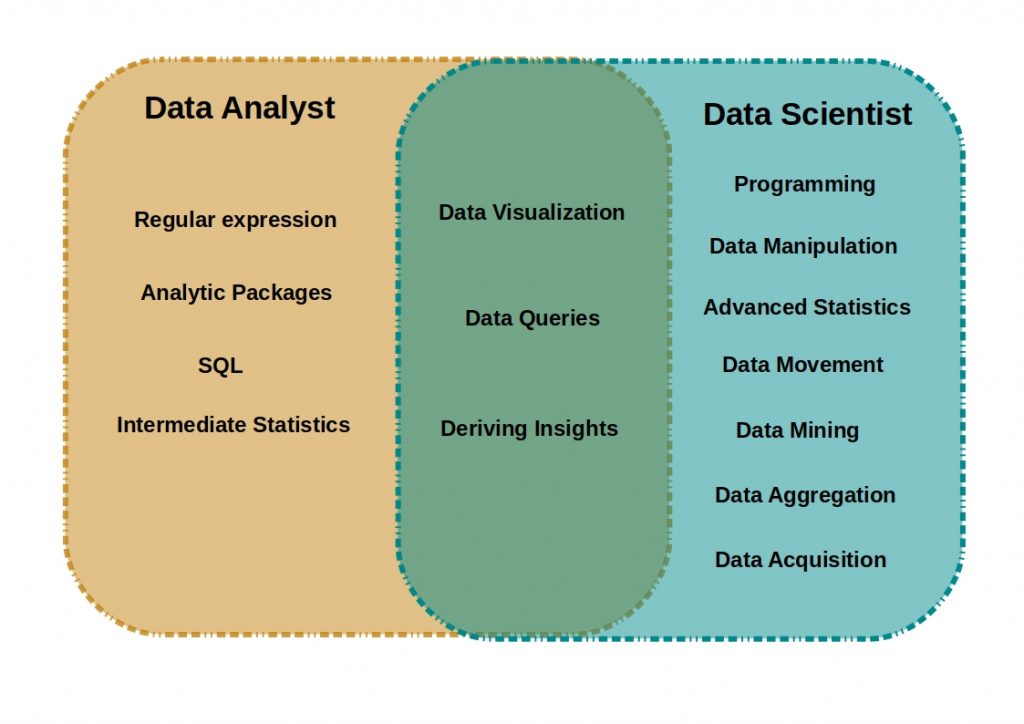Data Science vs Data Analysis – What distinguishes both professions from each other? How do your tasks differ? In this article, we will discuss all of these questions.
By now, almost every company, across industries and sizes, has recognized the potential in their own data. Every company wants to access this treasure and gain valuable information in order to develop profitable business strategies.
The economy is crying out for experts who can manage and analyze the enormous volumes of data. A trend that is not expected to end in the next 10 years, but rather to grow steadily.
So if you decide to enter the industry today and start studying, or if you want to teach yourself, you should first be clear about the differences between these often confusingly named professions. Often, HR professionals don’t even know these differences and look for the wrong profiles.
Table of Contents
What are the similarities?
Let’s start with the similarities and the main reasons why both disciplines are often confused with each other.
Both professions deal with large amounts of data from which knowledge is to be extracted for a specific purpose.
New insights are to be generated and actions are to be identified.
Map of data disciplines
In order to properly understand the relationships between the data sciences, we need to look at the following figure. The individual disciplines and their relationships to each other are shown here.



The diagram corresponds to an onion-like layering. It is important to understand that all the disciplines listed here are different. Not only are there intersections, but when you talk about a higher level discipline, it includes other, lower level disciplines.
As you can see, both data science and data analysis are ranked very high. So to understand these two disciplines you need to know the other fields as well.
What is Data Science?
When you talk about data science, you are also talking about all other data disciplines.
A data scientist is an all-rounder and can apply all interdisciplinary tools and methods. He or she can handle structured and unstructured data and perform data preprocessing in addition to analysis.
What is Data Analysis?
Data analysis is more about using the right data analysis tools. Specialized data processing is not required at this level, but a data analyst must be able to fully master and understand the tools in order to gain new insights from the data.
What is Data Analytics?
Data analytics is primarily about the use of queries and data aggregation methods. The primary question here is: How can different dependencies between input variables be represented?
Furthermore, this discipline makes use of data mining techniques and tools.
Data mining
Data mining uses the predictive power of machine learning by applying various machine learning algorithms to big data to identify new trends in the data.
If you want to know even more about how data mining differs from data analytics, check out this article we wrote on the subject.
Data Science vs Data Analysis – So what are the differences?
So we have found that all data disciplines are similar in many ways and one discipline can imply other disciplines. In order to be able to define the differences precisely, the methods used must be compared with each other. Are programming skills required, or is the business intelligence part higher?
In the following figure, the assignment to both professions is shown once.



by Hugh Conway in 2010
Both disciplines lie at the intersection of mathematics, statistics, and development. While data science is characterized by the fact that it consists of all three cornerstones, data analysis lacks the connection to computer science. And that is the biggest difference between the two fields.
Data Science vs Data Analysis – Comparison
Data Science is a branch of Big Data, with the objective of extracting and interpreting information from a huge amount of data. To do this, a data scientist must design and implement mathematical algorithms and predictive models based on statistics, machine learning, and other methods.
Data Analysis is the specific application of Data Science. It specifically involves searching raw data sources to find trends and metrics. However, this involves working with larger data sets than in the area of Business Intelligence.
In the following diagram, these differences and the overlaps between the two professions are compared once again.



So what you ultimately decide to do depends on your programming interests. Do you want to develop the analyses yourself, or do you prefer to use specific analysis tools to get more value out of large data sets?

Leave a Reply